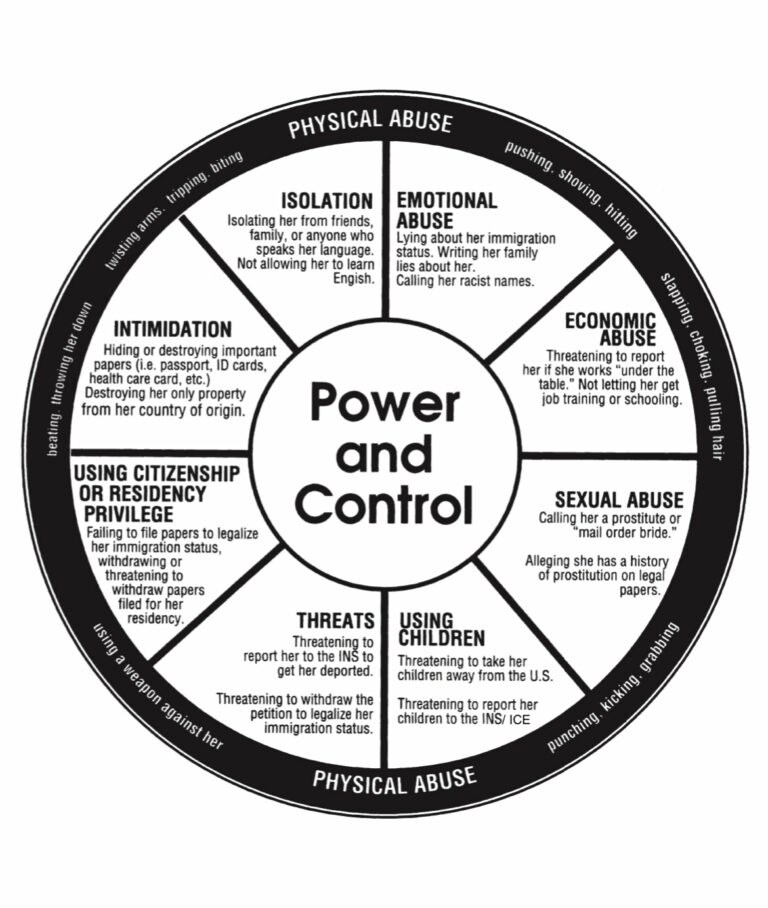SERVICES
SERVICES & RESOURCES
Immigrant women are more likely to suffer domestic violence than non-immigrant women. Oftentimes, the abuser may not be violent, but uses power and control tactics. Although each case may be different, some of the other forms of abuse are listed below.
- Emotional Abuse
- Economic Abuse
- Sexual Abuse
- Coercion and Threats
- Using Children
- Using Citizenship Privilege
- Intimidation
- Isolation

SERVICES
VAWA FOR ABUSE VICTIMS
The Violence Against Women Act (VAWA) protects spouses, children or parents that have been subjected to cruelty and/or mistreatment that can be: physical, emotional, psychological or economic, by a United States Citizen or Legal Permanent Resident.
U-VISA
U nonimmigrant status (U visa) is available for victims of specific crimes who have suffered mental or physical abuse and are helpful to law enforcement in investigating or prosecuting criminal activity. Obtaining U status requires certification from a law enforcement official, and final approval is determined by U.S. Citizenship and Immigration Services (USCIS).
HUMAN TRAFFICKING
Human trafficking involves the use of force, fraud, or coercion to obtain some type of labor or commercial sex act. Every year, millions of men, women, and children are trafficked worldwide – including right here in the United States.

